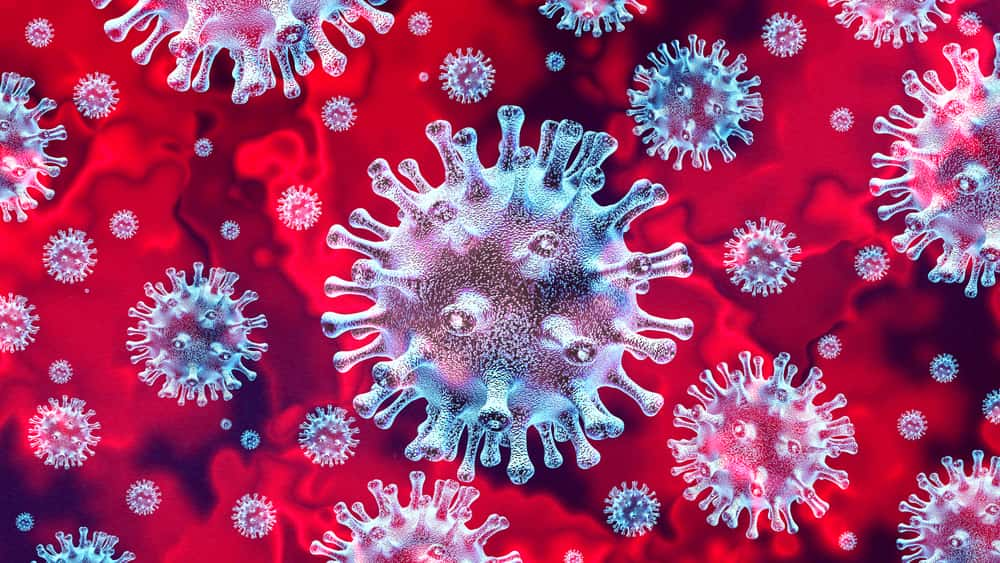Coronavirus, Social Media and Hysteria
The events which transpired on Tuesday, January 28 will
long remain in the memories of most Jamaicans. In addition to the 7:7
earthquake which struck Jamaica at approximately 2:10 pm and which triggered panic
attacks among the population, a number of persons on social media circulated news
that Jamaica had a suspected case of the dreaded coronavirus. The already tense atmosphere soon went into overdrive
by early afternoon when the earthquake struck. According to dictionary.com panic is a sudden overwhelming fear, with or without cause, that produces hysterical
or irrational behavior, and that often spreads quickly through a group of
persons. Many persons could not concentrate on their work or studies as news was being circulated on social media that the coronavirus had reached the shores of Jamaica. Social
media users, especially on Twitter were very irresponsible in passing on what
we now know was not factual news. THE University Hospital of the West Indies (UHWI)
has denied reports that it’s Accident and Emergency Department had been
partially shut down due to a suspected case of the dreaded new coronavirus. The
panic and hysteria began after a couple who had travelled to China in early
January turned up at the UHWI after complaining of joint pain and fever. According
to UHWI they conducted the necessary tests which did not turn up the coronavirus.
It is important to note that Jamaica has a significant number of Chinese many of
whom travel back and forth frequently. A significant number of the Chinese nationals
work for the China Harbour Engineering Company Limited (CHEC), the company which is currently engaged in major
infrastructural work in Jamaica building hospitals, roads and schools across the
length and breadth of the island. There are also a significant number of Chinese
students who attend our primary and secondary schools. A number of Jamaican teachers
also work in China. A number of patients and staff were seen
wearing surgical masks. In fact there
was a rush to secure surgical masks resulting in a shortage. The Minister of
Health and Wellness had to call a news conference to address what turned out to
be faked news. The coronavirus is spreading like the bushfires in Australia. The
following countries have reported cases of the coronavirus, China,
United States, France, Japan, South Korea, Taiwan, Singapore, Thailand, Australia, Nepal, Vietnam, Hong Kong, Macau,
Malaysia, Canada, Cambodia, Sri Lanka, Germany, United Arab Emirates, India
and The
Philippines. According to news reports there
have been over 7,700 cases of the coronavirus worldwide resulting in 170 deaths.
The World Health Organization, (WHO) states December 31, 2019, the organization was alerted to
several cases of pneumonia in Wuhan City, Hubei Province of China. The virus
did not match any other known virus. This raised concern because when a virus
is new, we do not know how it affects people. One week later, on January 7,
Chinese authorities confirmed that they had identified a new virus. The new
virus is a coronavirus,
which is a family of viruses that include the common cold, and viruses such as SARS
and MERS. The Telegraph states that the coronaviruses are a family of viruses that cause
illnesses ranging from a cold to more severe diseases. Typically, symptoms include a fever, fatigue, sore throat and dry cough, and
may later develop into breathing difficulties. These viruses are transmitted
between animals and people. This novel coronavirus, currently named
2019-nCoV, is a new strain that had not been previously identified in humans. The
source of the coronavirus is believed to be a seafood market in the
central Chinese city of Wuhan. The city's health commission said the
infection broke out between December 12 and 29, with some of the patients
employed at the market. The animal source of the outbreak has not been
identified but two recent research papers have pointed to bats and snakes as
the possible reasons. The market in Wuhan, which is now closed, was home to
stalls trading in many different animals, including snakes, marmots and
poultry. These “wet” markets are popular in China as customers like to purchase
their meat “warm” that is, recently slaughtered. The world is facing a health crisis. It is unfortunate that many
of us use social media to impress others. Instead, we must be responsible in how
we use social media and try and positively impact those around us. It bares thought
that those of us who share news must ensure that the source of our news is credible.
Those of us who share news on social media which is almost unregulated must also
ensure that we are sharing factual news as anything less can create an environment
of panic and hysteria in the society. In
the words of Mike Houdeshell, social media is like a bakery. You can lose credibility,
goodwill and fans by serving up stale and boring content.
Wayne Campbell is an educator and social commentator with an
interest in development policies as they affect culture and or gender issues.
waykam@yahoo.com@WayneCamo
©



Comments
Post a Comment